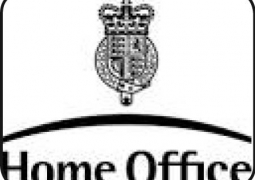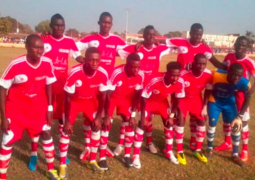The convergence, which attracted over 50 participants drawn across the country, was organised by WAAPP.
Executed by AHPSU, the training was supported by Gambia Emergency Agricultural Production Support Project.
The principal objective of the training was to enhance the knowledge and skills of participants involved in small ruminants and poultry production to livestock assistants for better service delivery to farmers.
The training took the form of participatory approach with resource persons drawn from APHSU Department of Agriculture.
Speaking on behalf of the Governor of Lower River Region, Deputy Governor Modou Njie challenged participants to gather as much knowledge as possible to be effective in service delivery to their clients.
Now that the ban on the importation of poultry products is in effect, he noted, they should redouble their efforts to provide sound production practices to farmers to ensure the adequate supply of poultry products to the markets.
He emphasised that it is only when this is achieved, that the impact of the gap to be created by the ban will not be severe on the population. He reiterated the need for Gambians to eat what they produce and produce what they eat as a slogan for all farm production service delivery workers.
He therefore expressed the hope that they will make good use of the resource persons to enhance their service delivery exercise for improved farm productivity at the farmers’ level.
Falalo Touray, deputy director general of the Department of Agriculture, highlighted the importance of livestock, particularly small ruminants and poultry, “in our daily lives”.
He noted that not only do they enhance our daily protein requirements, but they also provide organic fertilizer for our horticultural crops and savings accounts for most of our farmers.
He added that all efforts should be made to facilitate the production of these national assets for improved food security and poverty reduction.
Matarr Njie, principal animal husbandry officer, talked about constraints of poultry production, housing, basics skills of keeping poultry, poultry feeding and feed management, bio-security and disease surveillance, principles of handling vaccines among others.
Ebrima Gaye, livestock officer, did a presentation on poultry housing.
Lamin Saine, senior livestock officer, also did a presentation on constraints in small ruminants production, feeds and feeding, mineral block preparation, vaccines and vaccinations, principles of breeding and fattening, health and management, and intensive feed gardens.
Read Other Articles In Article (Archive)
Man fined D3, 000 for permitting unlicensed driving
Jul 29, 2015, 11:12 AM




